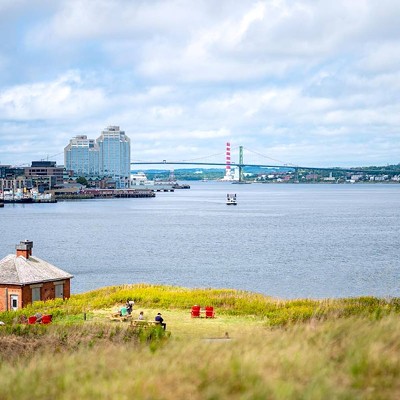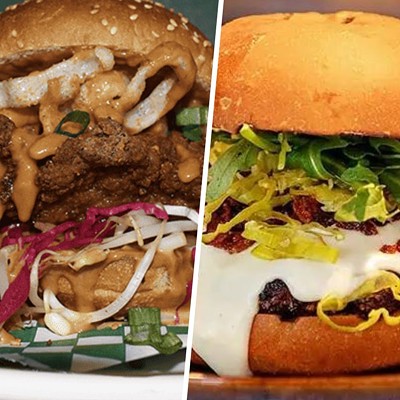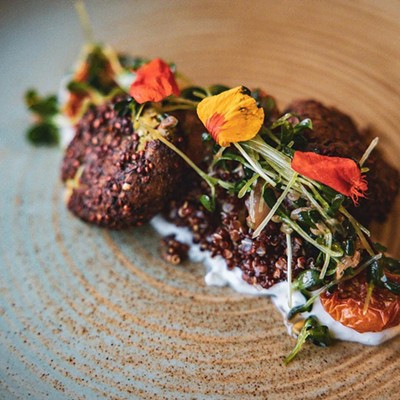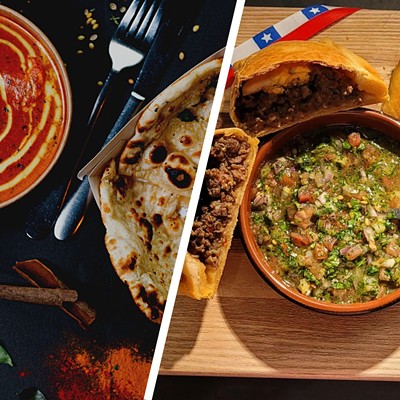‘We’re 200 kilometres away, what can we do?’ you may ask yourself. You wonder whether you have a role to play, or are an outsider looking in. You ask yourself whether you should speak up.
Well, you can. And if you’re a business owner (or an employee who can give polite suggestions to management) here are five tangible ways you can help.
1 Make a solidarity statement
This is the easiest one. Use the power of social media and your following for good. It takes nothing but a few minutes of your time to make a Facebook, Twitter or Instagram post (or all three!) and shows that your company stands behind its values. As Desmond Tutu once said, “if you are neutral in situations of injustice, you have chosen the side of the oppressor.”
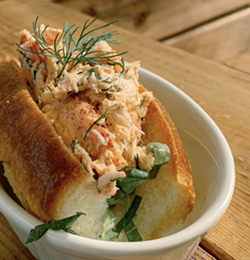
3Make a donation
Put your money where your mouth is. There are longstanding groups like the Mi'kmaw Native Friendship Centre, as well as local groups like Radstorm who are getting supplies to the activists camped out on the wharves. You could donate the proceeds of a single menu item, a percentage of your entire profit, or start a tip jar for donations to the cause.
4Educate yourselves
If you don’t feel connected to the issue, now’s the time to get connected. Whether you’re a settler whose family came here 300 years ago, or a newcomer who immigrated here yourself, you are living on unceded Mi’kmaq land. Take the time to read the history of the treaties, read Indigenous news sources like Ku’ku’kwes News and APTN, and for god’s sake, don’t ask your Indigenous friend’s to educate you.
5 Ask your Indigenous employees how you can support them
Ask if they need time off, if they need space, and if they need you to shut down any racist bullshit they’re putting up with. If you don’t have Indigenous employees, maybe look into that. Your restaurant can partner with Indigenous chefs to create authentic rather than appropriative dishes. You can make the to switch Indigenous suppliers and vendors, who have a history and connection with the land our prized “local” ingredients come from.



